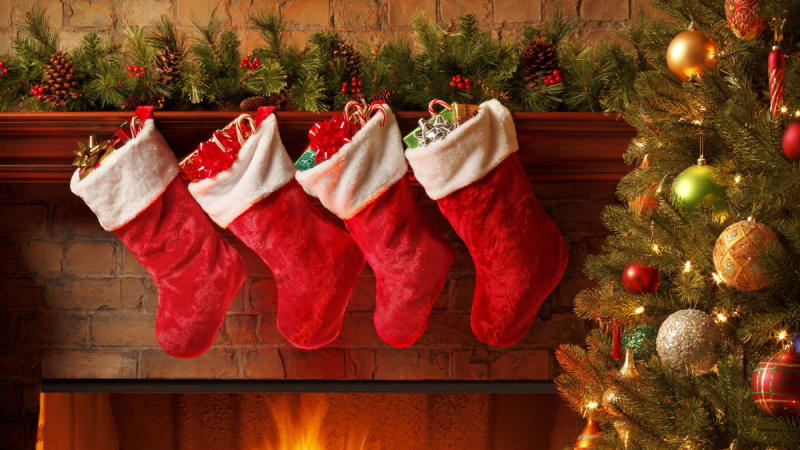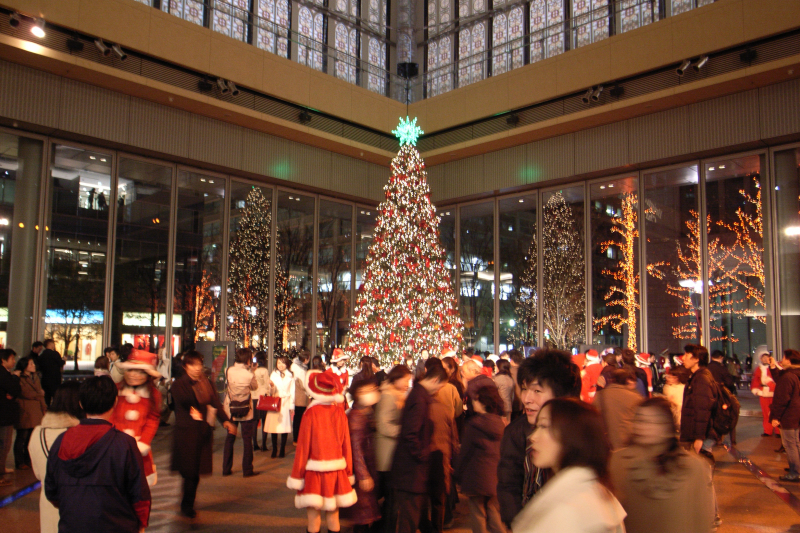A National Holiday

Top 5 in Top 6 Things To Know About Christmas
Following the civil war, the country sought ways to look past differences and become united as a nation. President Ulysses S. Grant declared it a federal holiday in 1870. And, while Christmas traditions have evolved over time, Washington Irving's desire for unity in celebration most likely lives on. It's become a time of year when we wish others well, donate to our favorite charities, and exchange gifts in a cheerful manner.
Here are some facts about Christmas day:
- In the United States alone, 30-35 million real Christmas trees are sold each year. There are approximately 21,000 Christmas tree growers in the United States, and trees typically grow for 15 years before being sold.
- Christmas celebrations in the Middle Ages were rowdy and raucous, similar to today's Mardi Gras parties.
- When Christmas was canceled: From 1659 to 1681, Christmas was illegal in Boston, and violators were fined five shillings.
- On June 26, 1870, the United States declared Christmas a federal holiday.
- The first eggnog produced in the United States was consumed at Captain John Smith's Jamestown settlement in 1607.
- Poinsettias are named after Joel R. Poinsett, an American minister to Mexico who introduced the red-and-green plant to America in 1828.
- Since the 1890s, the Salvation Army has dispatched Santa Claus-clad donation collectors into the streets.
- In 1939, Robert L. May's imagination created Rudolph, "the most famous reindeer of all." To entice customers into the Montgomery Ward department store, the copywriter wrote a poem about reindeer.
- In 1931, construction workers established the Rockefeller Center Christmas tree tradition.







